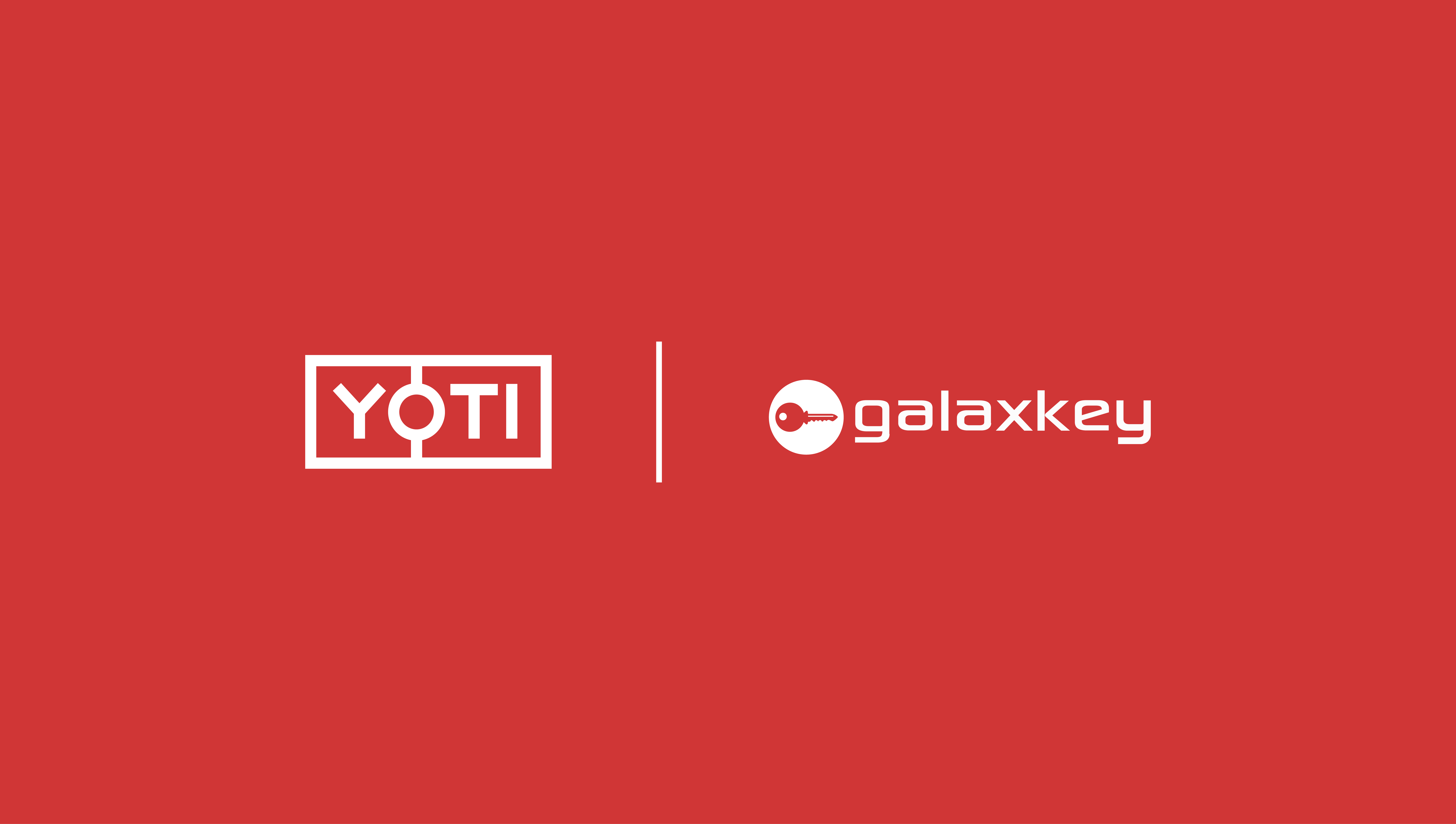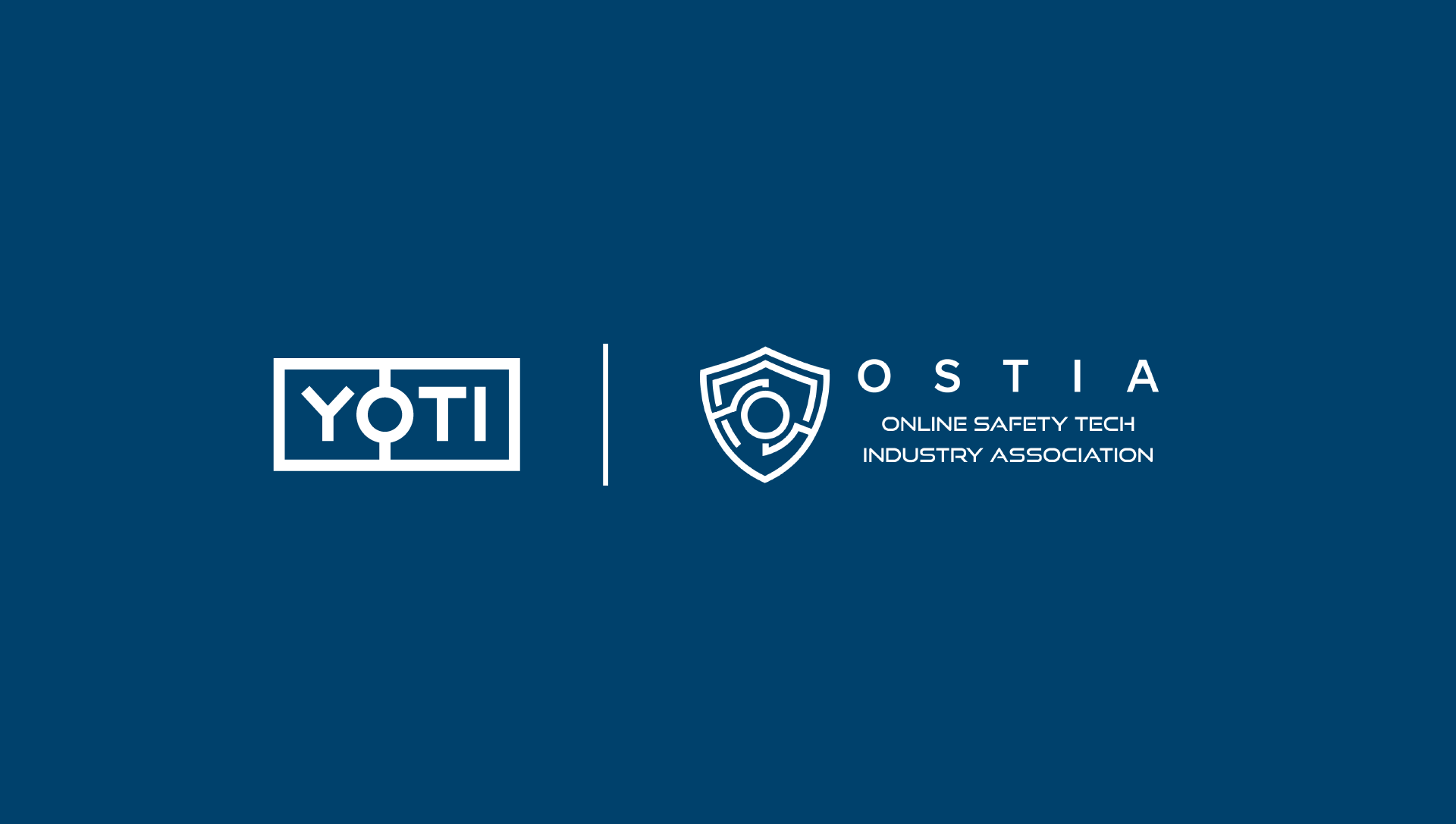Articles
Strong support in the House of Lords for digital age verification
On Monday 20th July, several members of Lords gave strong support for digital age verification, including Baroness Neville-Rolfe, Lord Clement-Jones, Lord Stevenson of Balmacara, Lord Bourne of Aberystwyth, Lord Arbuthnot of Edrom, Lord Holmes. It’s fair to say that all concerned want effective digital age verification, even those that were opposed to the development of digital age verification during the Lords debate such as Baroness Pickering and Baroness Williams. But for it to be effective, it needs to be standards based and meet the requirements of industry stakeholders and the public. What was NOT clear on the floor of the
Identity theft in the Western Cape
This is the fourth field diary entry from Tshepo, one of our Yoti Digital Identity Fellows. His year-long research project is looking at the digital identity landscape in South Africa, with a specific focus on the national smart ID identity programme from a human rights perspective. ***** Identity theft is rising in South Africa, with fraudsters costing the economy more than R1 billion every year. While each province has its own story to tell in terms of statistics and impact, the problem is truly a national one. My research has continued in the Western Cape, the official COVID-19 epicentre
FRANKD & Yoti’s breakthrough COVID-19 testing system brings UK theatre back to a socially-distanced stage
We couldn’t be more excited to see our breakthrough COVID-19 testing system get the UK’s first socially-distanced indoor theatre performance on stage at the Troubadour Wembley Park Theatre. Sleepless, A Musical Romance, will be performing daily COVID-19 tests with FRANKD & Yoti, which delivers a result directly to an individual’s phone within 30 minutes of being tested. The FRANKD tests will be carried out and analysed on-site in the theatre without the need for a laboratory. This fast and effective testing system will help the theatre company create a COVID-secure environment and rehearse safely before their premiere on Tuesday 1
The personal cost of accessing COVID financial support in Argentina
This is the fourth field diary entry from Paz, one of our Digital Identity Fellows. Her year-long research project is focused on unravelling what digital identity, and identity in general, means to the unemployed and under-employed individuals receiving support from public job centres and local labour organisations in Gran Buenos Aires and Mar del Plata in Argentina. ***** There’s little doubt that the Coronavirus pandemic is accelerating the digitisation of people’s everyday lives, in some places acting as an excuse to push certain groups to engage with technology and institutions in ways that might have seemed unlikely a year ago
A step change in data protection and email phishing with digital identities and Galaxkey
Email phishing is an age-old method of cybercrime that is becoming increasingly more sophisticated with modern technologies. According to Verizon’s 2021 Data Breach Investigations report, 36% of all cyber attacks involved email phishing, posing a huge threat to large organisations and individuals. In an increasingly digital world where remote work is commonplace, it has never been more vital for organisations to protect their business operations. Following an annual increase of 25% in email phishing, looking towards email encryption is one way businesses can help to avoid future data breaches relating to cybercrime. Our latest partnership with Galaxkey combines high-level encryption
United for a safer internet with OSTIA
We’re honoured to be one of the founding members of the Online Safety Tech Industry Association (OSTIA), a new UK industry body dedicated to tackling online safety. The group brings together advisory bodies and tech companies in a shared goal of making the internet safer and hopes to provide a voice of hope by offering solutions to address key issues in a complex debate so often focused on what can’t be done. With support from the National Crime Agency, GCHQ, the Home Office, NSPCC, the group will serve as a forum for companies working on potential solutions and create collective






